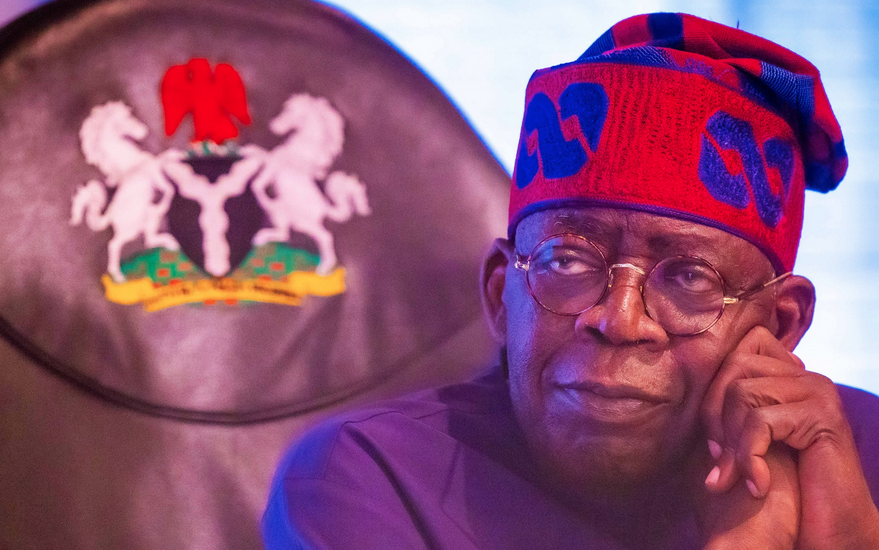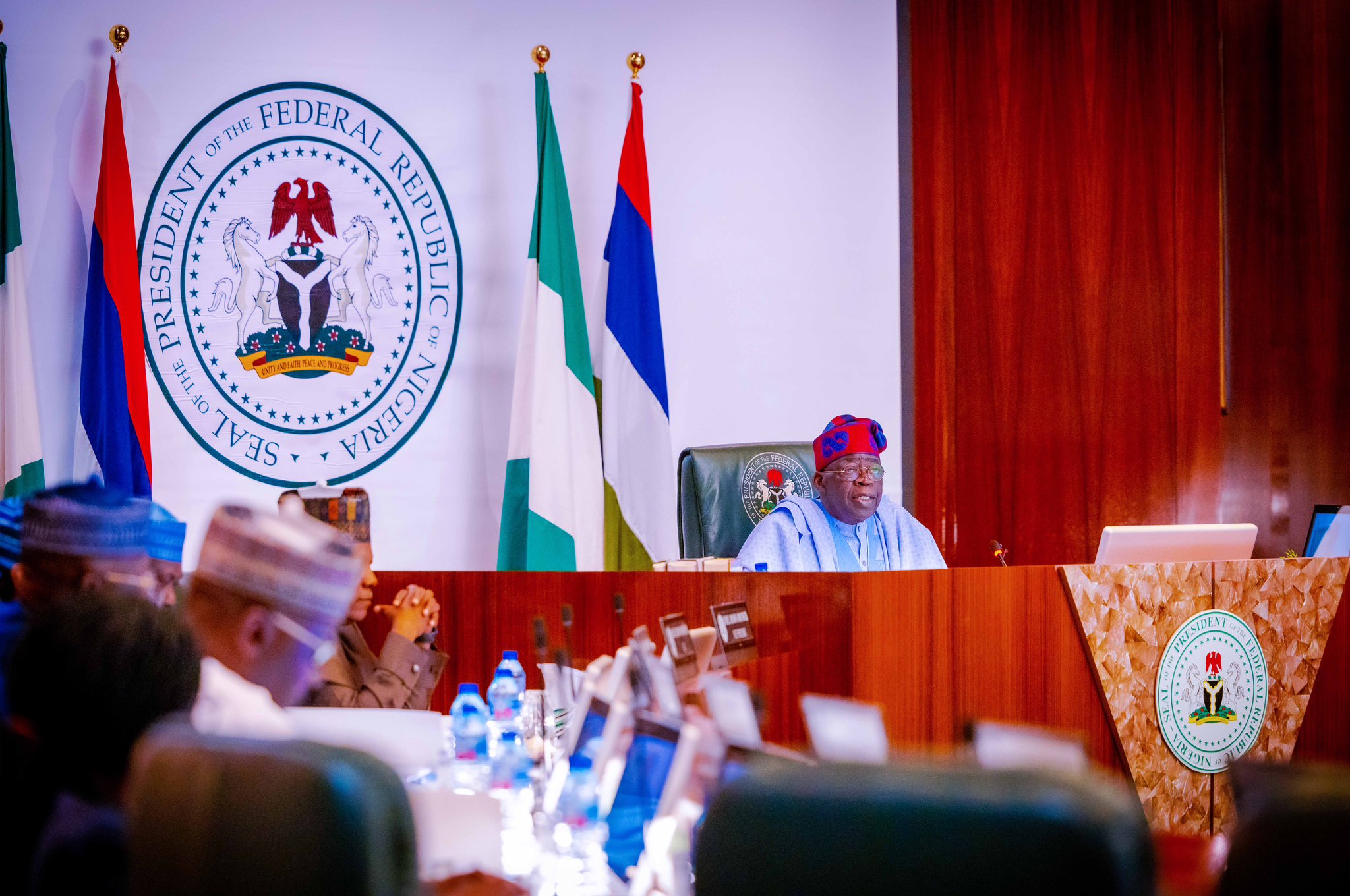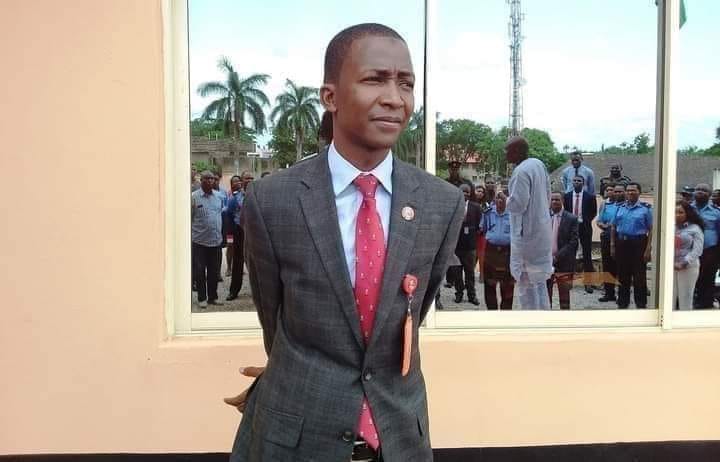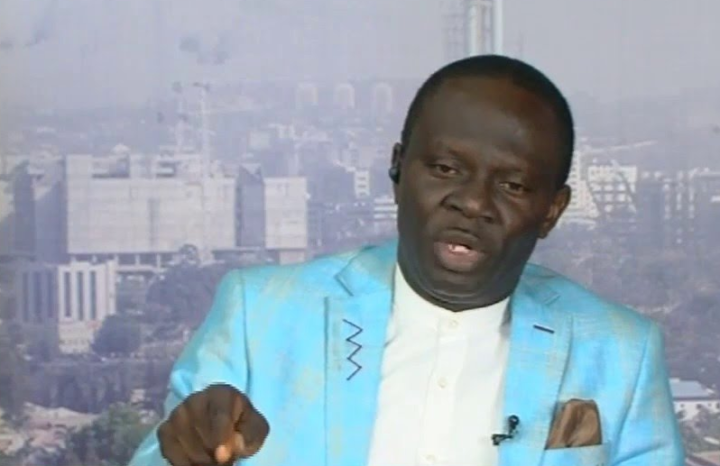Is Nigeria back to implementing the cardinal policies that made up the IMF-recommended Structural Adjustment Programme (SAP) of the late 1980s? A review of the actions of President Bola Ahmed Tinubu since taking office on 29 May, 2023, will suggest so. In this event, what should Nigerians expect? Will the outcome be any different from that of the 8 years of SAP under Ibrahim Babangida?
Some background. In the early 1980s, Nigeria faced tremendous economic headwinds. Not exactly dissimilar to what obtains now. National debt had skyrocketed to over $20 Billion; export was almost exclusively limited to crude oil and the collapse of its price in the international market meant huge budget deficits; budget deficits meant that many social services including health and education were hugely under-funded leading to statements like, “hospitals had become mere consulting clinics”; inflation was through the roof. The economy was simply in a bad state.
When the economic downturn started under the Shehu Shagari Presidency, a quick fire set of solutions, referred to as “Austerity Measures”, were put in place. One of these was the listing of certain goods as “Essential Commodities” (Essenco) for which import licences were granted to certain players in the economy. This was done to encourage local production and patronisation of non-essential “commodities” as a means of limiting the huge foreign exchange losses from importation. Getting an import licence became one of the fastest ways to get rich. But the “Austerity Measures” failed to turn the tide until the Military forcibly took over the reins of government in December 1984.
The Military arrived, under Major General Muhammadu Buhari, and imposed even more draconian economic measures. The national currency was changed with little notice; borders were closed to stem smuggling; importation was severely restricted; “illegal aliens” were sent packing from the country in order to create more job opportunities for citizens, and lessen the pressure on infrastructure and the Government expenses; and a fight against corruption and indiscipline was implemented with military-style enforcement. None changed the country’s economic fortunes. After 20 months, Buhari was removed by his peers and Ibrahim Babangida (IBB) took office.
Advertisement
IBB started off by confronting the emotive issue of a $2.5 Billion loan from the International Monetary Fund which was to be used to aid the recovery of the economy. But rather than take a decision, he put it up for a national debate. After 3 months, the national consensus was to not take the loan. Ever the populist (at least during the early part of his administration), IBB announced that Nigeria will not take up the loan. Instead, Nigeria will implement a Structural Adjustment Programme (SAP).
Instructively, SAP was inspired by the “Conditionalities” that were tied to the rejected loan from the IMF. So while Nigeria did not take up the loan, it proceeded to implement key elements of the IMF recommendations. These include the privatisation and commercialisation of Government-owned businesses; devaluation of the Naira; setting up of a Second-Tier Foreign Exchange Market (SFEM); removal of subsidy on petroleum products; reduction of public spending on social services (especially education); expansion of the tax net; and dissolution of commodity marketing boards.
The implementation of SAP caused massive social and economic upheaval. The middle class was essentially wiped out, as real income dwindled in the face of the depreciation of the Naira. This led to large numbers of well-trained Nigerians choosing to migrate to more clement climes. Several protests by students and organised labour tasked the patience and efforts of the military to maintain peace and order. Elder Statesmen protested in their own way, with a former Head of State, General Olusegun Obasanjo, publicly berating the Government and demanding that it should implement its economic policies with “a human face and milk of kindness”.
Advertisement
To ameliorate the situation, the IBB Government also implemented what, in current parlance, will be termed “palliatives”. These included setting up the Directorate for Food, Roads and Rural Infrastructure (DFRRI) with a remit to build infrastructure in the rural areas and support farmers to ensure better outputs; the Better Life for Rural Women (under the then First lady, Maryam Babangida) which focused largely on women’s needs; and the “donation” of buses to States and Labour unions for Mass Transit purposes.
In the final analysis, SAP failed. The economy never truly got off the ground despite an almost religious implementation of the policies. Household income remained low and never got close to peak 1981 levels; the economy’s dependence on petroleum exports was unceasing; and subsidies returned as the value of the naira continued to depreciate. To compound matters, the national debt grew to over $30 Billion. Though the economy grew at a 5% rate, the 3% growth in population negated most of this (World Bank Report on SAP, 1994). Things got to a head when IBB admitted in an interview with Channels TV in 1992 that his Administration’s economic policies had failed and the economy had defied any conventional solutions.
Against this background, a review of the economic policies of President Tinubu so far, as well as those outlined by the President’s Policy Advisory Council, show several similarities with SAP. The removal of subsidies is straight from the SAP template. This has already been implemented for petrol, with prices more than doubling since the President’s inauguration. So is the desire to diversify the revenue base away from the sale of crude oil, a long-term pursuit of successive Nigerian Governments. The planned convergence of the Naira exchange rates which will inevitably lead to a depreciation is also SAP-inspired; the privatisation and or sale of the Government’s stake in corporate assets; and the likely reduction in Government subventions to some key sectors including tertiary education; all were part of SAP policies. Even the “Palliative” discussions of today also mirror those of 35 years ago, especially the promised investments in infrastructure like roads and rail, and the supply of mass transit (electric) buses.
Given the similarities, what is on ground to give Nigerians any assurance that the outcome of these policies will be different? That is the work that is staring the Tinubu Administration in the face. True, the country does need “structural adjustments” and tough decisions need to be taken. The population growth rate is outpacing that of the economy and several policies of the Buhari Administration did not help the cause of growth and development. Change is needed.
Advertisement
In many ways, the Tinubu Administration is lucky. For there is Elite Consensus on many of the decisions that it is taking or will take, including the removal of subsidy, and the convergence of the exchange rates of the Naira and its attendant devaluation. Even better, despite the sky-high inflation that these policies have engendered, labour unions and student bodies have responded with relative calm and an uncharacteristic show of understanding.
But the Government should not be fooled. While Nigerians know how to give leadership a chance, extended suffering will force a reaction. It is therefore in the interest of the Administration that it ensures that its policies deliver on economic growth, reduced inflation, higher household income and production. Having chosen to re-run the same policies of a previous era, it must ensure that it delivers a better outcome, one that puts smiles on the faces of the suffering masses. It cannot afford to fail. Nigeria cannot afford another SAP failure.
Adetayo is a national and international affairs analyst.
Advertisement
Views expressed by contributors are strictly personal and not of TheCable.
Add a comment







